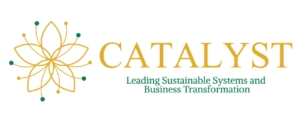Trend-Setting Sustainability Developments in the German Food Sector
Why is Sustainability in the Food Sector so Important?
In recent years, sustainability has become a crucial topic across various industries, and the food sector is no exception. As our global population continues to grow and natural resources dwindle, the need for sustainable practices in food production, distribution, and consumption has never been more pressing. There are myriad reasons to strive for sustainability in the food sector, all of which encompass the three pillars of sustainability, namely social, economic and environmental sustainability. Some of the critical reasons to advocate for sustainable food production and consumption are social and ethical responsibilities such as ensuring fair labour practices and wages, as well as safe working conditions. Economic viability, which can lead to advantages such as increased efficiency, reduced waste, cost savings, quality increase and innovative business models, is linked to changing consumer preferences that are increasingly demanding more and more sustainable and ethical food products. Furthermore, conserving natural resources, preserving biodiversity and reducing food waste is essential to ensure food security. All of the above are closely related to climate change mitigation, as the food sector contributes significantly to greenhouse gas emissions, mainly through deforestation, livestock production and food transport.
Sustainability in the German Food Sector: Current Trends
In Germany, the commitment to sustainability in the food sector is exemplified by its ambitious goal to expand organic farmland to 30% of total agricultural land by 2030. An increasing number of farmers are converting to organic farming, facing challenges such as financing or overwhelming regulation, with which the government provides support. Moreover, from January 2023, the Supply Chain Obligations Act (LkSG) will apply to German companies with 3,000 or more employees to improve compliance with human rights and environmental standards. The government also aims to halve food waste by 2030, allowing products with nearing expiry dates to be sold at reduced prices under relaxed legal regulations. Reusable packaging laws have been implemented to reduce single-use packaging in the catering sector. According to this, final distributors in the catering sector have to offer their customers reusable alternatives in addition to single-use packaging.
Germany is also actively working on its first nutrition strategy, focusing on promoting healthy and sustainable food options for all, accelerating the adoption of plant-based foods, reducing sugar and salt in processed foods, and advocating for nutrition education and physical activity. Furthermore, Germany is a leading market for new plant-based launches in food and beverages, with a significant increase in vegan-labelled products in the past years. The consumption of meat and milk from animal sources is gradually declining, and there is increasing interest in lab-grown meat although no products are yet ready for the market. Digitalisation plays a key role in promoting sustainable change in the food sector, with innovations such as 3D-printed food, smart packaging to monitor shelf life and digital product tracking transforming the industry.
While challenges persist, including rising food prices due to energy costs and international politics, the German food sector can remain competitive and resilient by investing in sustainable products, organic farming, digitalisation, and price efficiency.
In conclusion, sustainability is integral to the future of the food sector. By adopting sustainable practices, the industry can address environmental challenges, ensure food security, and meet the demands of an increasingly conscious consumer base. If you would like us to accompany you in introducing sustainable practices in your company, sign up to our CATALYST network: this way you will stay informed about our future offers!

Marianne Isabel Magnus Melgar
Collaborating Centre on Sustainable Consumption and Production (CSCP)
Jennifer Wiegard
Collaborating Centre on Sustainable Consumption and Production (CSCP)

Image by <a href=”https://www.freepik.com/free-photo/flat-lay-zero-waste-assortment-wooden-background_7424039.htm”>Freepik</a>


